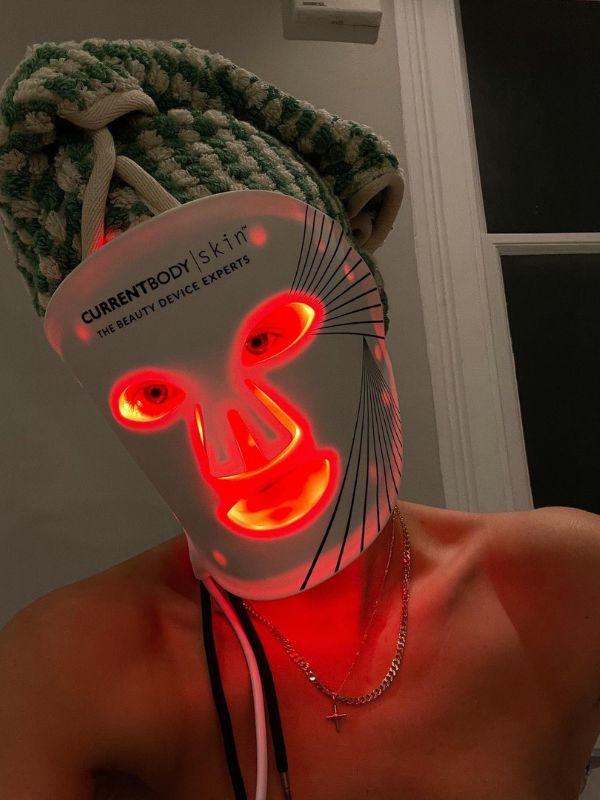
Having a great skincare routine is all well and good, but ultimately, there is only so much you can achieve with products alone. For most people, the obvious route to going a step further is to pay regular visits to a dermatologist or esthetician—skincare professionals who can offer personalised advice and recommendations that are totally unique to our skin.
What’s more, in-salon or in-clinic treatments also give us access to the exclusive tools and technologies that skincare professionals are licensed to use—treatments like LED light therapy, radio frequency, and microcurrent. These advanced technologies can go a step further than our regular skincare routines can, helping to target stubborn skin concerns like hyperpigmentation and wrinkles, while also providing long-term benefits.
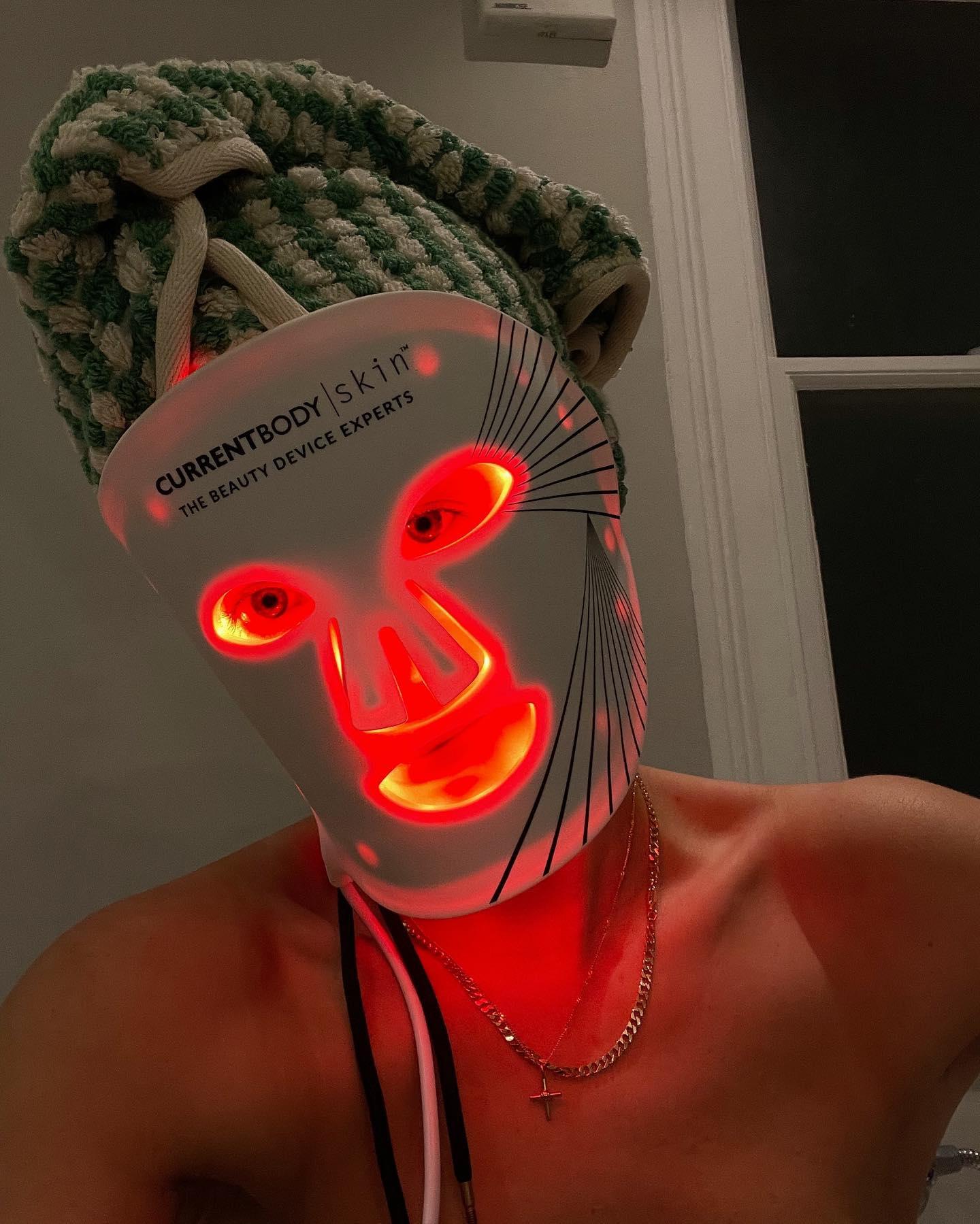
But if regular facials aren’t achievable for you, don’t worry—these innovative technologies are gradually making their way into at-home devices. While often not as strong as the equipment that the professionals have access to, these beauty tools are still a great way to upgrade your regular skincare routine.
But first of all, which beauty tool is right for you? “It is hard to navigate the world of skin devices,” says GP and dermatology specialist Anita Sturnham. “If you want to invest in one, I advise seeing a skin specialist first so that they can guide you on the most effective options for their skin type.” Because skin devices tend to target specific concerns, a professional will be able to help you identify your areas of focus and recommend the best beauty tools for your face.
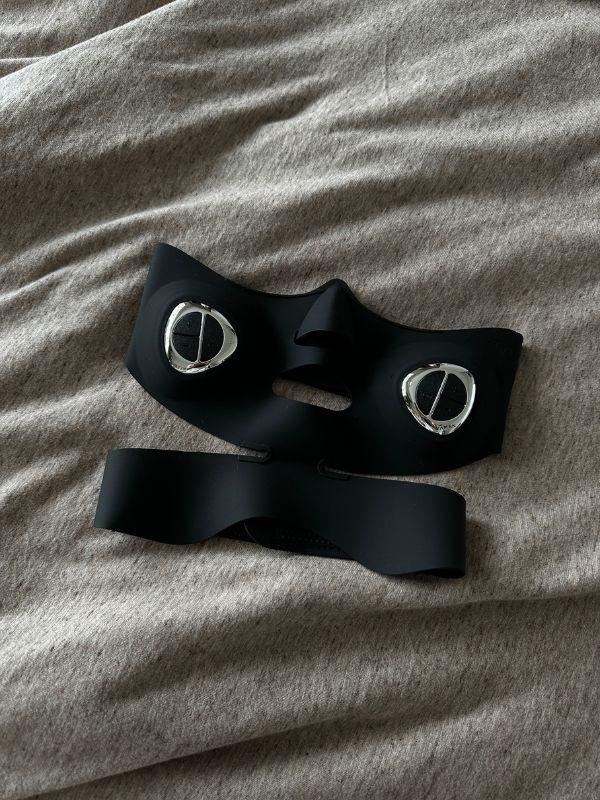
To help you get on the right track, I asked Sturnham and acupuncturist and founder of REOME, Joanna Ellner for their top beauty tool recommendations and advice.
“Microcurrent has been used in the world of dermatology for many years,” explains Sturnham. “Studies have shown that microcurrent can aid wound healing, stimulate fibroblasts, which are the skin’s collagen-making cells and also reduce inflammation in the skin, as well as stimulating muscle contraction.” These concerns are typically all related to the main signs of skin ageing, but according to Sturnham, can be treated as part of a preventative approach from your twenties. “As we lose 1-2 % of our collagen stores every year from the age of 20, it makes sense to counteract these changes with treatments that support the skin structure and muscle tone,” she adds.
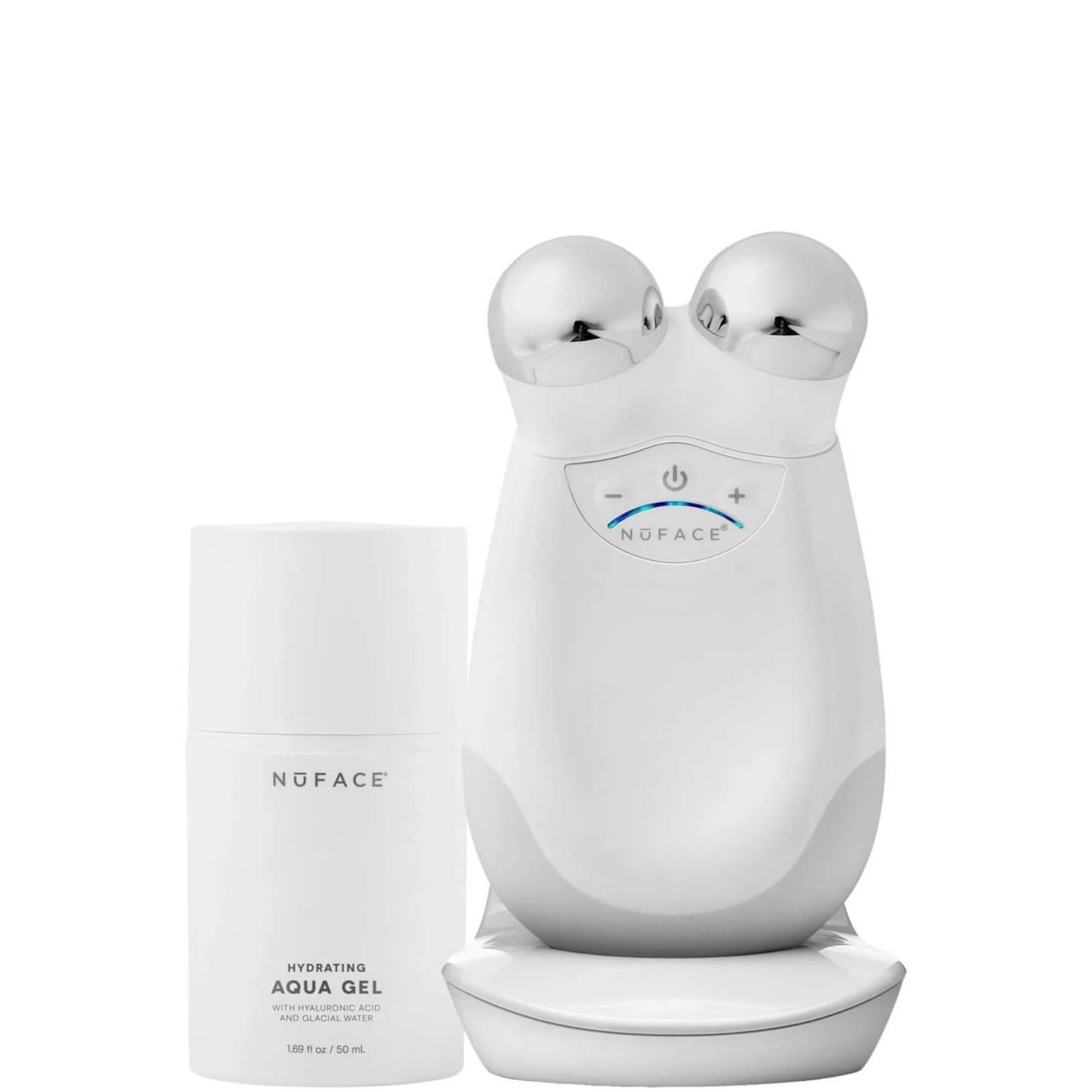
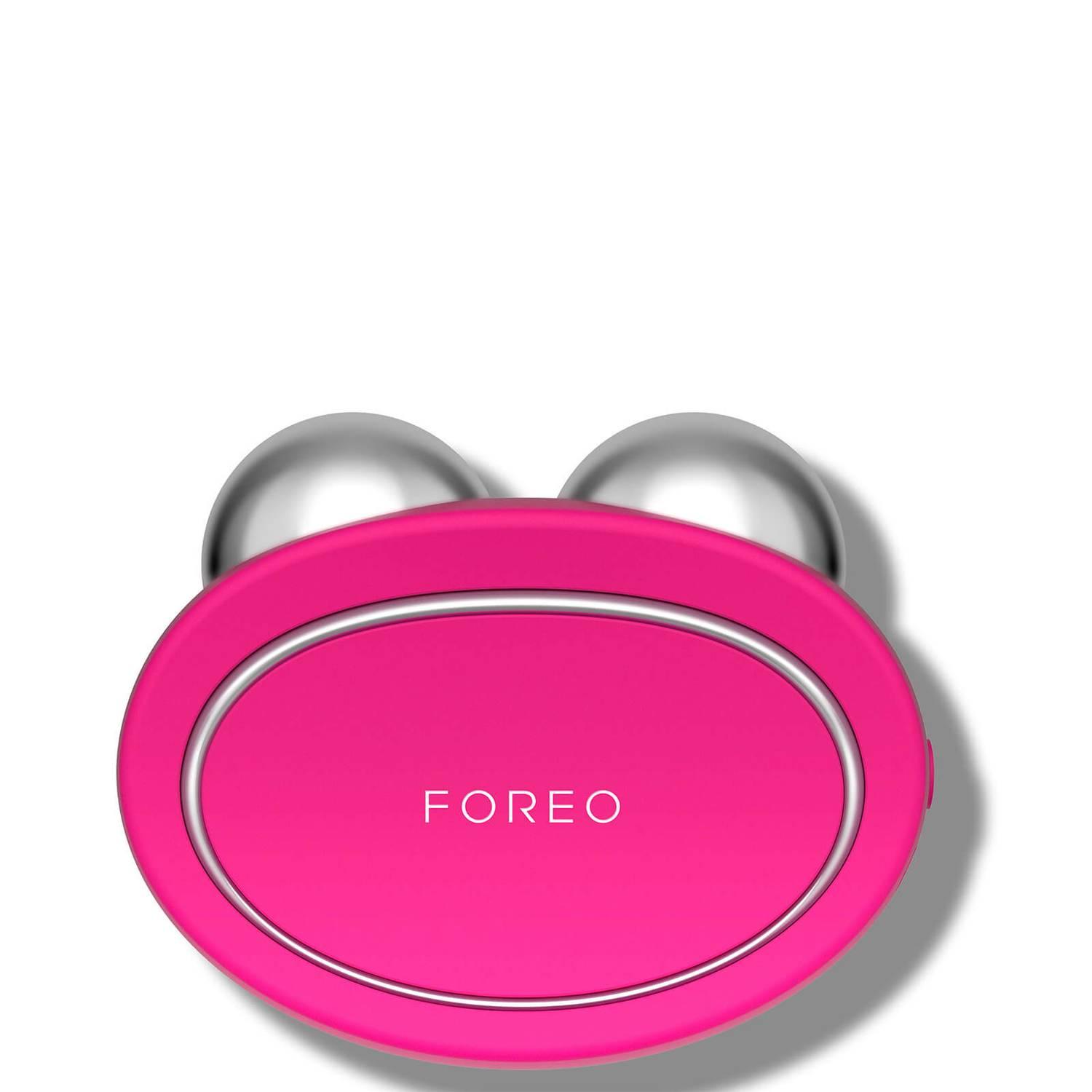
Radio frequency is a lesser-known treatment that has begun to gain popularity in recent years, and has impressive benefits for those concerned with loose skin and loss of elasticity. “I love using radiofrequency devices for my patients,” says Sturnham. “Radiofrequency waves are converted into thermal energy in the skin and this has been shown to stimulate new collagen formation, making it a popular treatment to lift, tighten, and plump the skin.”
Again, she advocates radio frequency as a treatment at any age. “It offers a preventative approach to boosting collagen stores in younger patients and for more mature skin it can be helpful to tighten and lift sagging skin.”
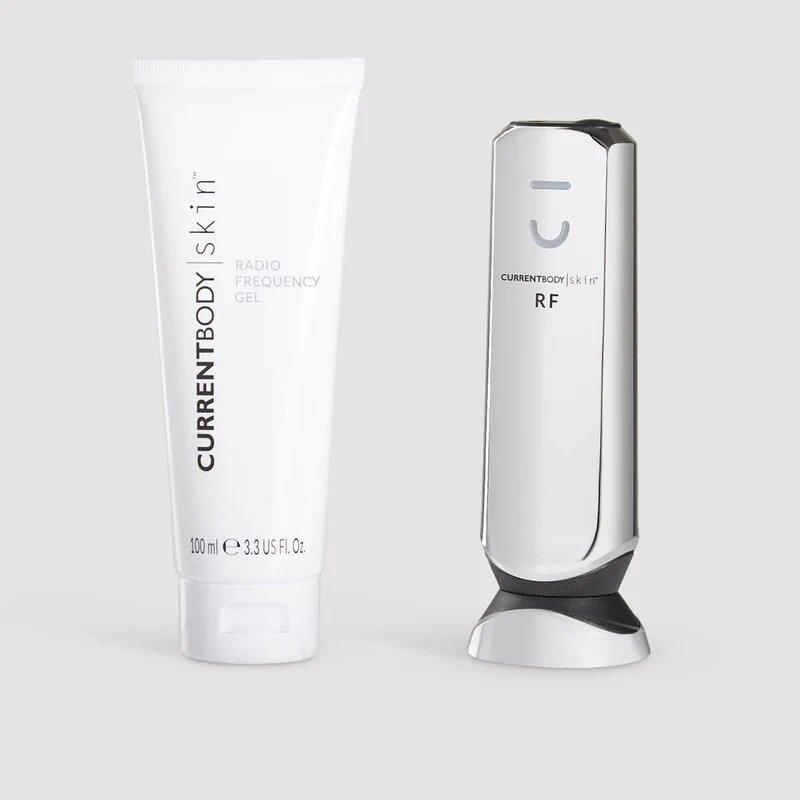
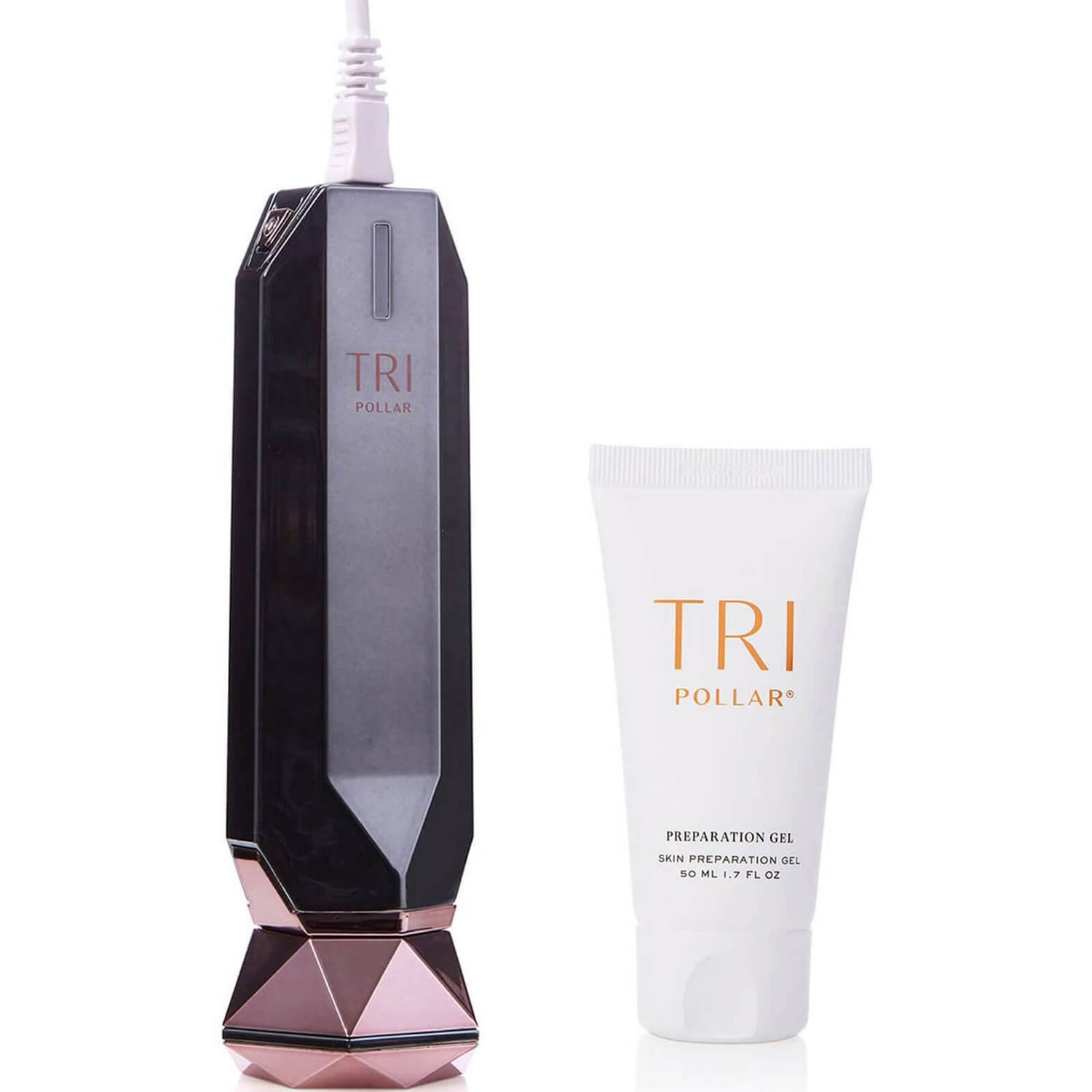
You’ve probably seen these masks before on oyur Instagram feed—turns out they’re more than just a fun accessory for a cool selfie. “LED light therapy uses light energy at different wavelengths and each wavelength is absorbed by a different layer of the skin,” explains Sturnham. “I recommend looking for a device which offers red light to stimulate collagen production and reduce inflammation, blue light for breakout prone skin, and near-infrared light to reduce inflammation at a deep level.”
This is a great beauty tool to invest in if you prefer a low maintenance approach to beauty since you can stick it on while you’re working or watching TV. “Plus there is no need to use them every day,” adds Sturnham. “I recommend making them part of a weekly at-home facial.”
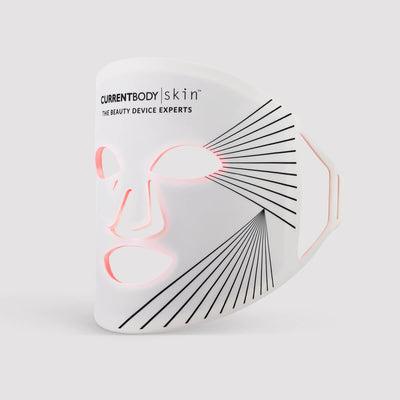
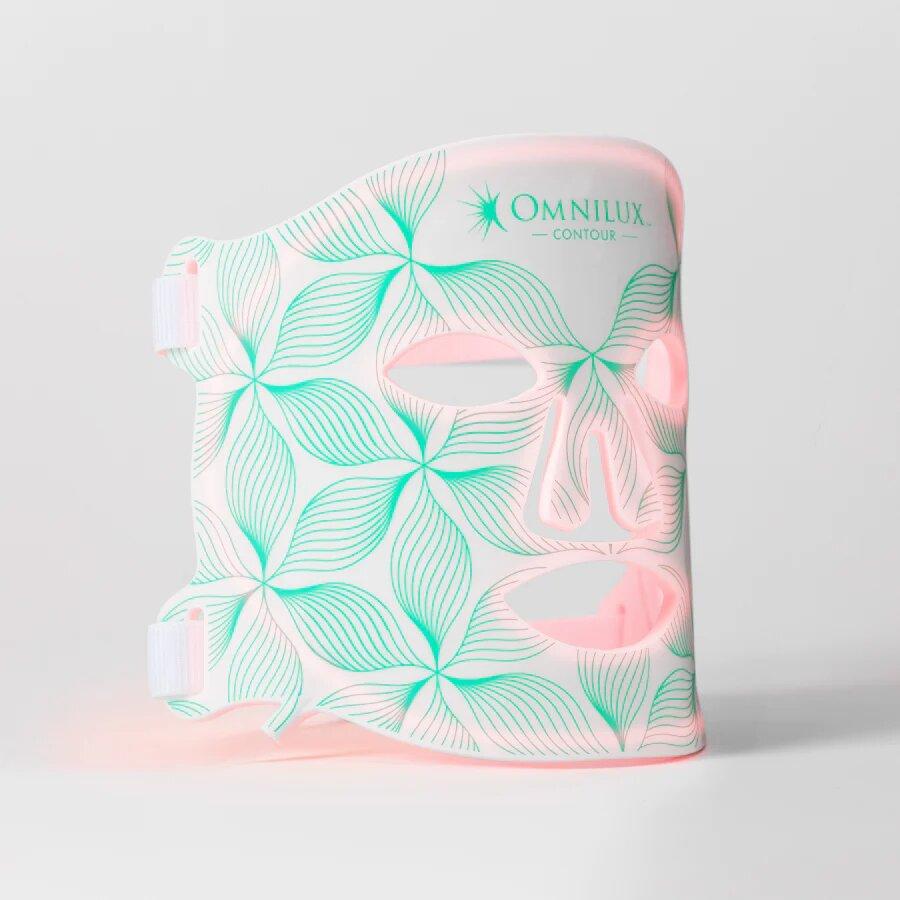
“Electrical muscle stimulation (EMS) devices, also known as neuromuscular electrical stimulation (NMES) or electromyostimulation devices, work by initiating muscle contraction using electric impulses that are delivered through the skin,” explains Sturnham. The end result? By specifically targeting muscles, EMS devices can help to lift and sculpt the face. Think of it as the facial equivalent to an intensive workout.
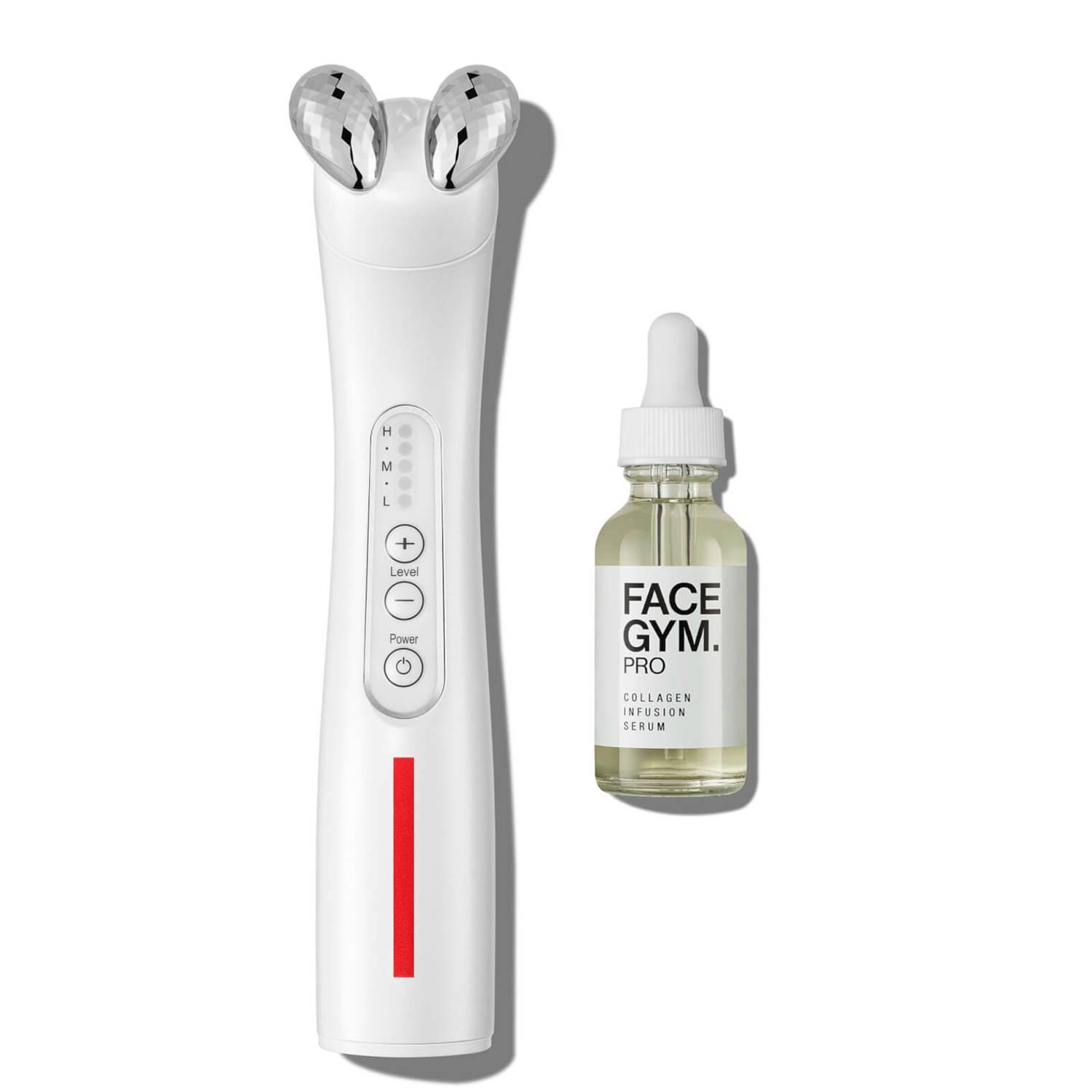
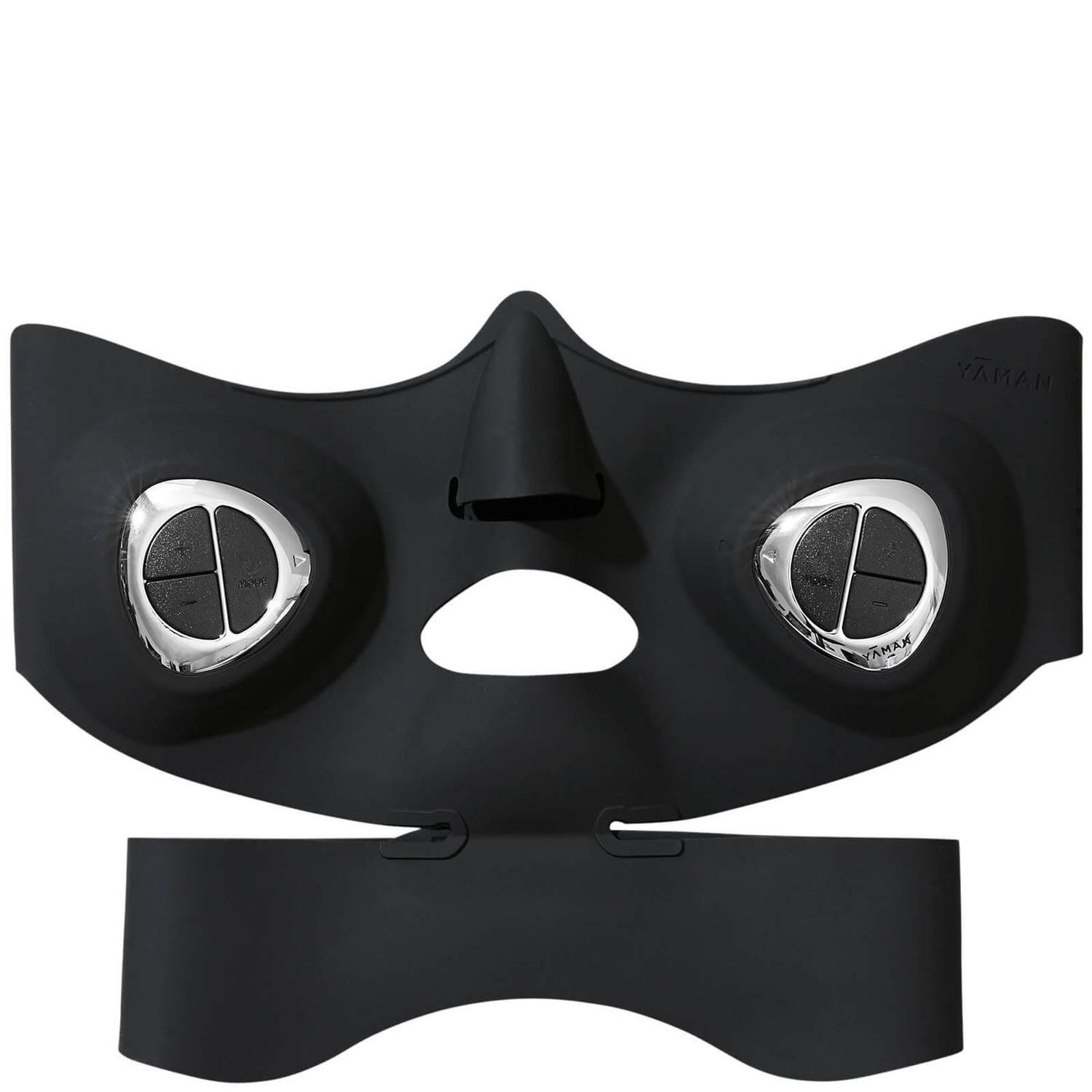
Proving that the best beauty tools don’t have to be expensive or electrical, Ellner prefers using a gua sha over other facial devices. “Gua sha boards—carved from jade or bian-stone—are used to gently pull and lift the planes of the face, for an immediate boost in skin microcirculation,” she explains. “Over time, it stimulates an intracellular injury response, supporting cell-metabolism, and collagen and elastin production for a lifted look and a healthy, radiant glow.”
The benefits of regular gua sha use are multifarous, ranging from reduce puffiness to improved radiance. “For skin rejuvenation, it’s incredible,” adds Ellner. “I recommend it to my patients who wake in the morning feeling puffy, or those that have stubborn under eye bags, and those who feel their facial contours aren’t sitting as high as perhaps they once did.”
According to Ellner, a five-minute gua sha routine is like the equivalent of a one-hour facial, if administered correctly. She recommends using upward strokes, medium-pressure, and holding the gua sha board at a 45 degree angle to the face. “Start with upward strokes at the neck, with a gentler pressure, and then, beginning from the chin, pull the gua sha board,” she adds. “The key mistakes I see are people not using enough pressure, using it cold, gliding too fast and angling it at a right angle to the skin.”
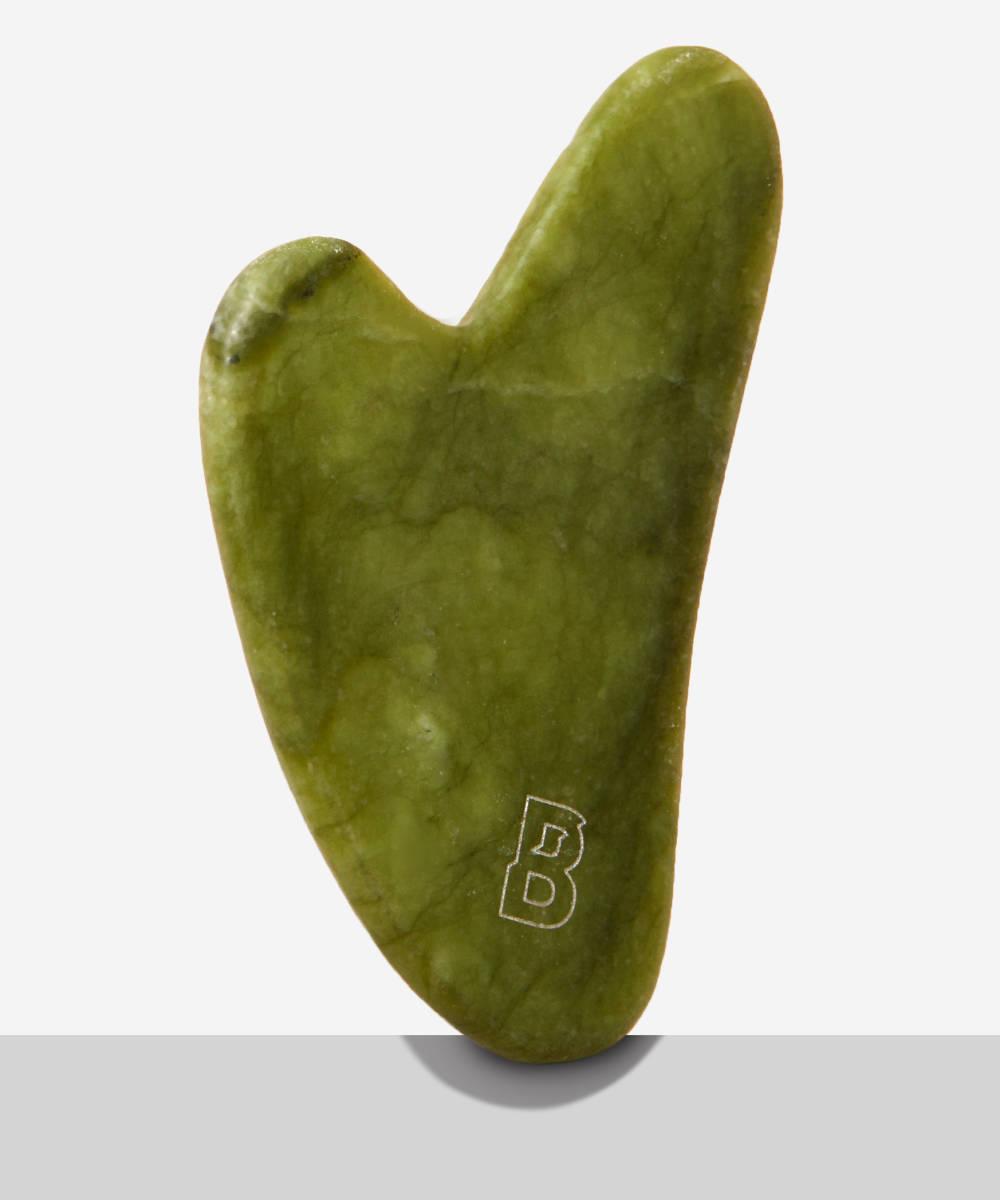
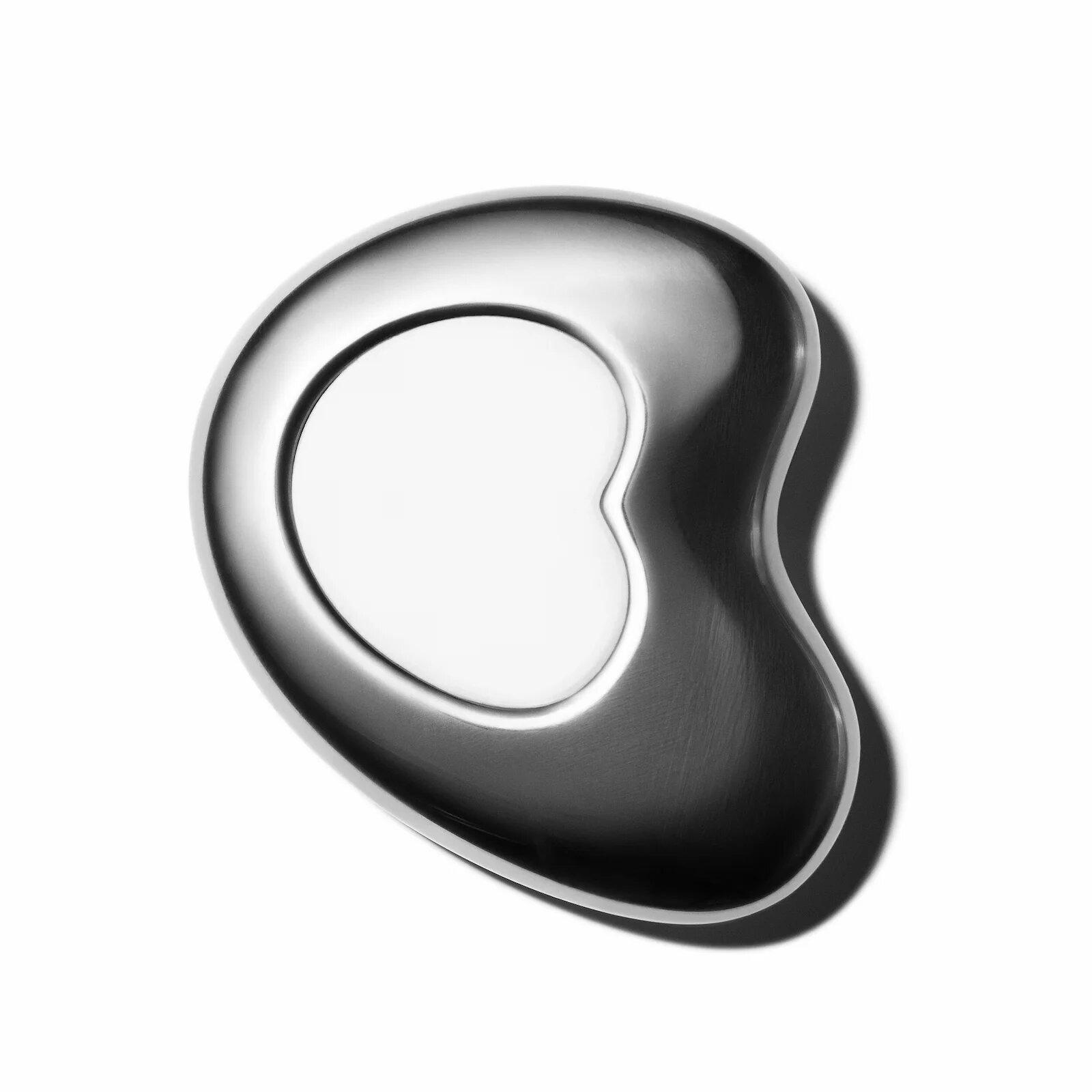
Aside from gua shas, there are a number of other manual beauty tools that can also be used to target facial concerns like tension, dullness, and saggy or puffy skin. According to Ellner, such devices provide an opportunity to decompress and come back into the body, compared to digital facial devices, which she believes can hyper-stimulating.
There are now hundreds of different types of face massage tools on the market, from jade rollers to ice globes (and many more), so if you’re feeling overwhelmed, Sturnham advises opting for the ones that you can actually see yourself using and easily incorporating into your regime. “I always say that your skincare steps should be a pleasure and not a chore,” she adds. “Market research has shown that if you enjoy your using your products then you are more likely to use them consistently and we know that consistency is key to healthy skin.”
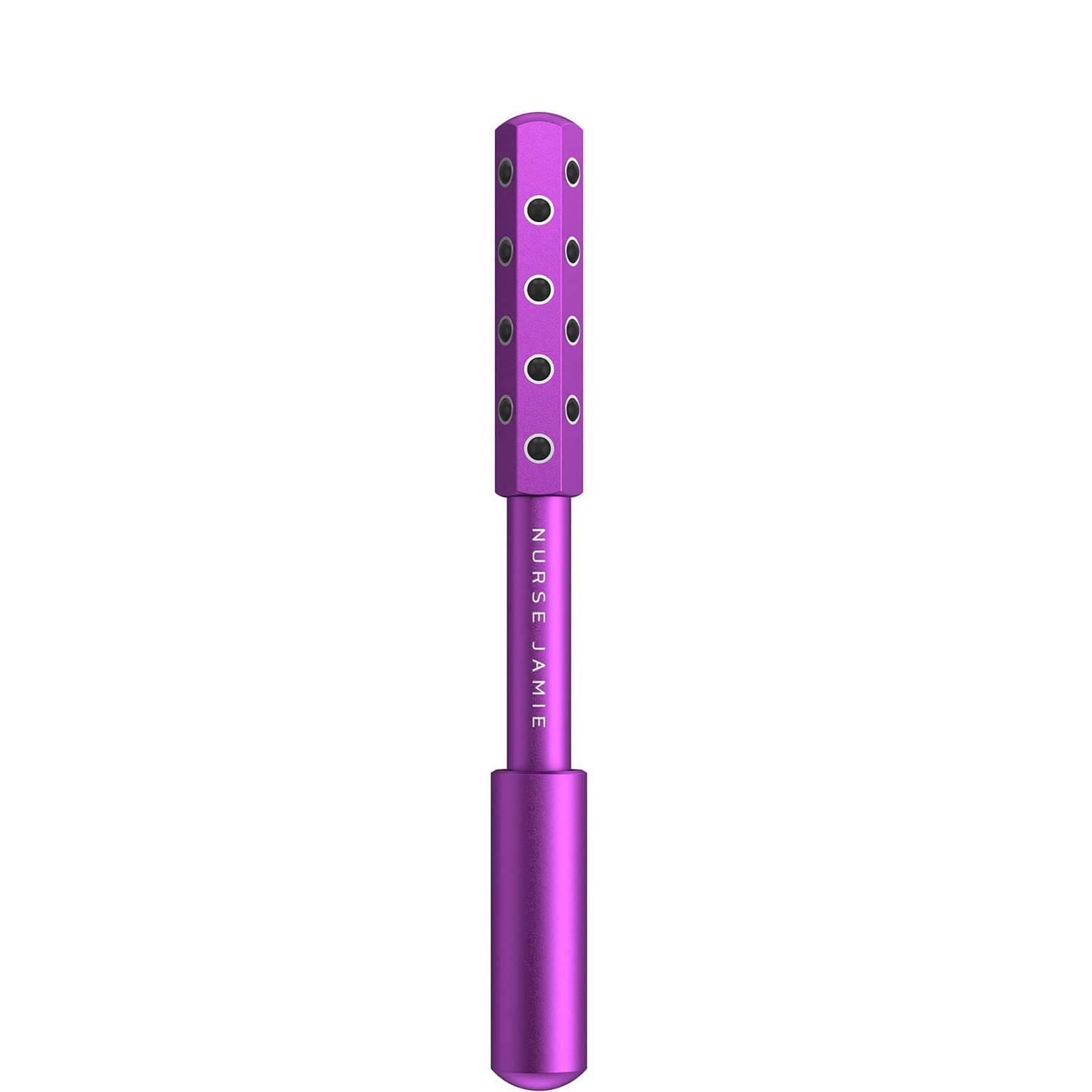
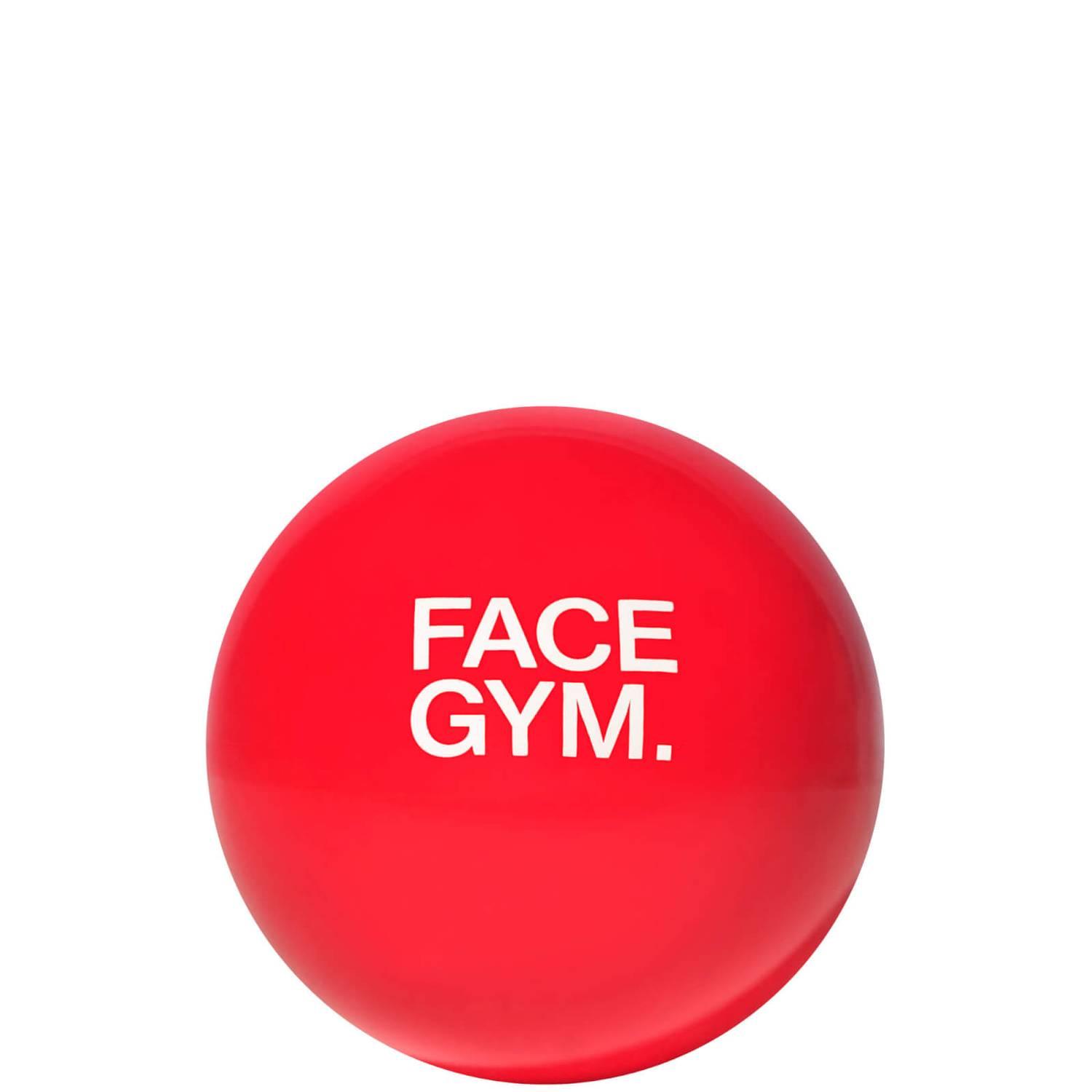
If more than one of the above appeals to you but you don’t fancy investing in multiple devices in one go, there are a number of beauty tools that cleverly incorporate multiple benefits in one. “I use a multitasking device called the Foreo UF0, which I was introduced to when I was pregnant,” says Sturnham. “It uses LED, T-sonic pulsations, and cooling settings to improve the results of your at home facial.” These devices can be a great way to test out the benefits of different technologies before you decide to invest in a tool that specialises in just one.
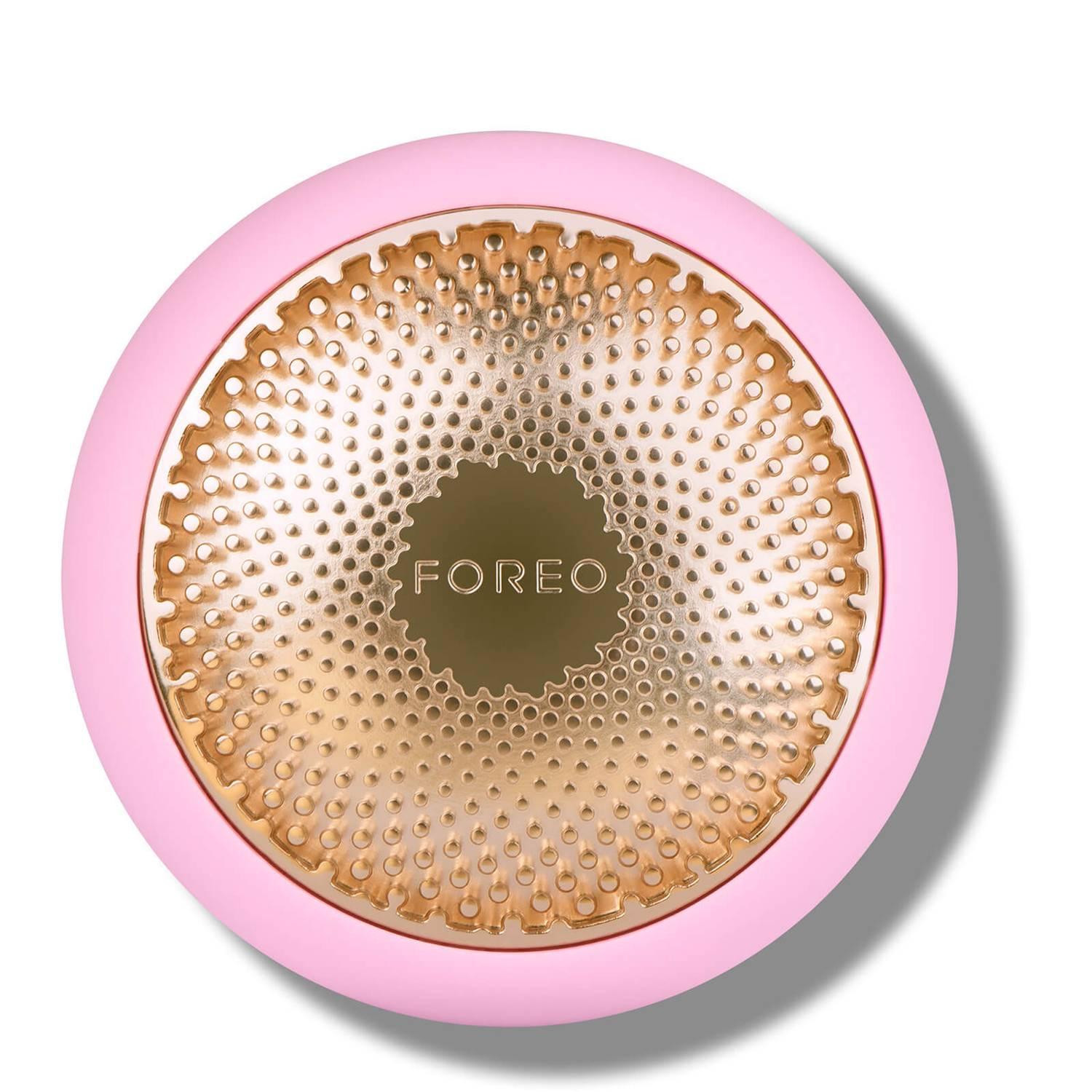
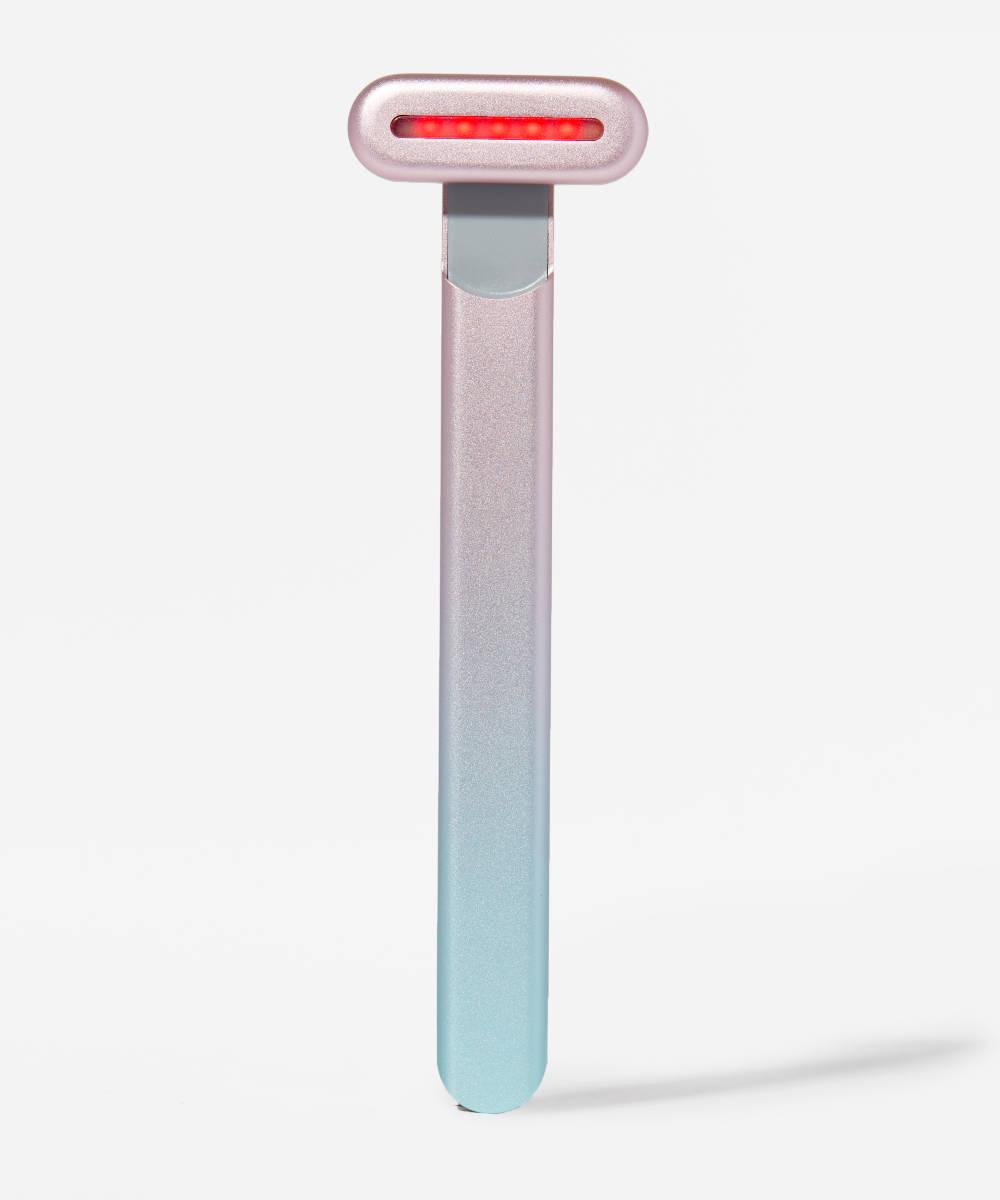
Next Up: How to Carry Out the Ultimate Skincare Routine, According to a Dermatologist




